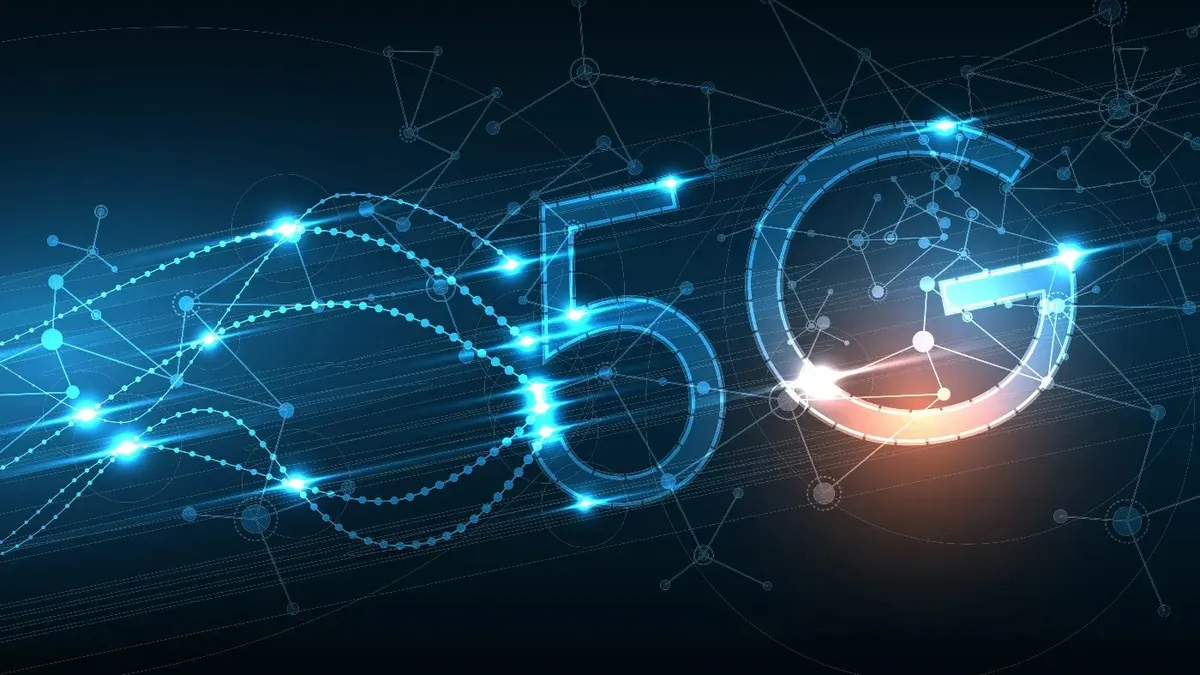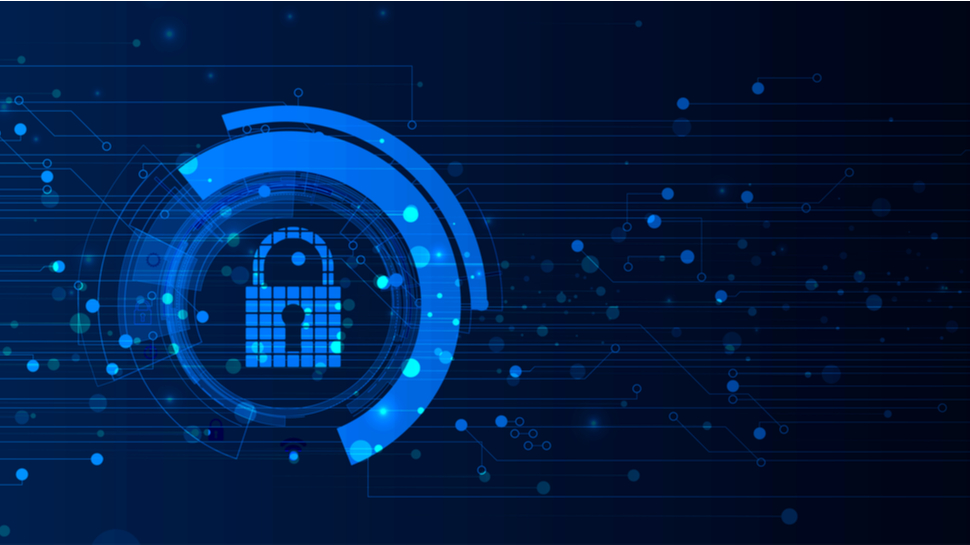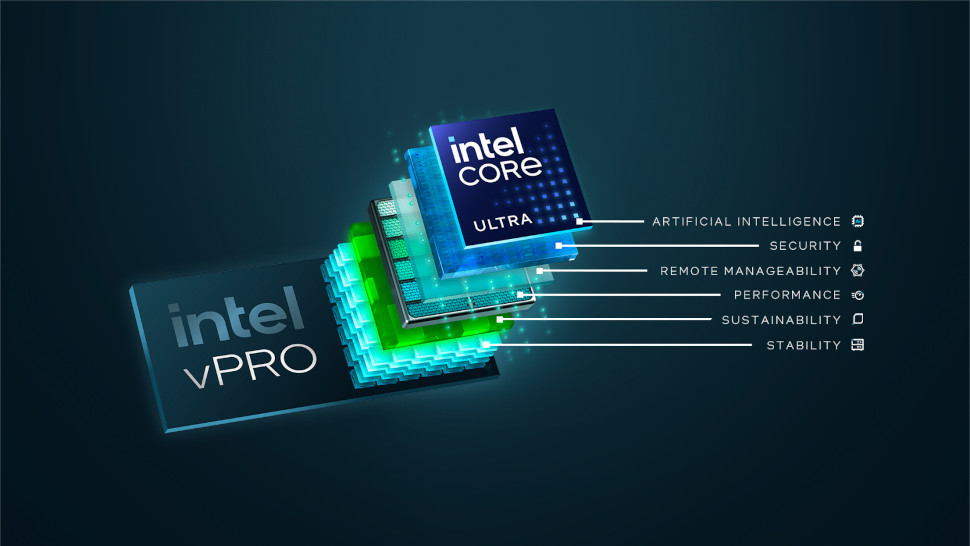"We are building for the future" - why Nokia sees its partners as a key part in moving towards a better openRAN outlook
Nokia is spurring on the next generation of AI networks, but it isn't going it alone

With AI spurring on development and advancements across a wide range of industries, getting the most out of shared knowledge can be a vital tool for businesses of all sizes.
This was especially true for Nokia, which has long been a clear leader in spurring on network development across the world, most recently in 5G innovation.
The company was in a bullish mood at Mobile World Congress 2024, announcing its anyRAN solutions would be launching to commercial customers this year following the successful completion of several trials - but it hasn’t worked alone.
Partnership promotion
“We believe in partnerships - we don't think a single player can do everything, that's not going to be the case, and that's what openness is going to be about,” Aji Ed, Head of Cloud RAN told TechRadar Pro at MWC 2024.
At MWC, Nokia also announced the launch of anyRAN for enterprise in partnership with Cisco, HPE and Microsoft, which will see the companies offer private wireless solutions to enterprise customers.
As Ed notes, “enterprise customers need a different type of performance requirement...a different type of solution itself,” with Nokia working with a portfolio of partners that includes AWS, HPE, and Nvidia.
The company also announced a separate partnership with Nokia around building AI-ready networks, something that Ed is understandably excited about.
Are you a pro? Subscribe to our newsletter
Sign up to the TechRadar Pro newsletter to get all the top news, opinion, features and guidance your business needs to succeed!
“We are bringing cloudRAN into commercial reality, but also preparing for the future with AI - we definitely see that AI is going to play a role...and who else better than Nvidia to be partnered with on the AI space,” he says, noting that the pair are looking to position such networks for the future, such as benefiting AI workloads on edge sites.
He adds that, “it just makes sense" for Nokia to build RAN on top of Nvidia CPUs, with the latter bringing its expertise in the CPU and GPU space, effectively integrating the two worlds of AI and RAN together.
"Giant companies like Nvidia and Nokia coming together and creating an ecosystem, there is nothing like it,” he says.

When we ask Ed how sure he can be that even these future, AI-powered networks are able to carry and manage the huge amounts of data set to be generated in the coming months and years, he is once again bullish about how Nvidia can help with that.
"There's is so much data that we need to process, and the GPU is the best mechanism to process that,” he says, highlighting the technology of “viewpoint mirroring” which sees a GPU looking through large data sets (such as from a video camera) to single out only the most relevant data.
AI is "becoming more of our process - almost a feature set,” Ed adds, noting that, “from a RAN perspective, it has been under work for some time - it's not something new.” The focus now is on making sure areas such as industrial use cases and edge sites are set up to handle the data they need to maintain operability and efficiency. Nokia is able to provide the equipment for a wide range of requirements, from small cells to macro, but as all its architecture is built on the same software code base, this means that all the same features and performance can be easily upgraded and integrated.

But looking forward, Ed, and Nokia are keen to emphasize the importance of “power partnerships” with the world’s top technology companies in order to offer its customers whatever they may need.
"We believe the world is moving to an open ecosystem, and these partnerships with these players means they bring the best of their strengths,” Ed says, “we put all the different options on the table, as we don't believe that we can do everything on our own - that's not how it works.”
“We really want to grow much stronger in the enterprise segment, and we believe partnerships with these players are really going to help us, with our strengths and theirs coming together to reach the same goal.”
- Miss any news from Mobile World Congress? Check out our MWC 2024 live blog

Mike Moore is Deputy Editor at TechRadar Pro. He has worked as a B2B and B2C tech journalist for nearly a decade, including at one of the UK's leading national newspapers and fellow Future title ITProPortal, and when he's not keeping track of all the latest enterprise and workplace trends, can most likely be found watching, following or taking part in some kind of sport.